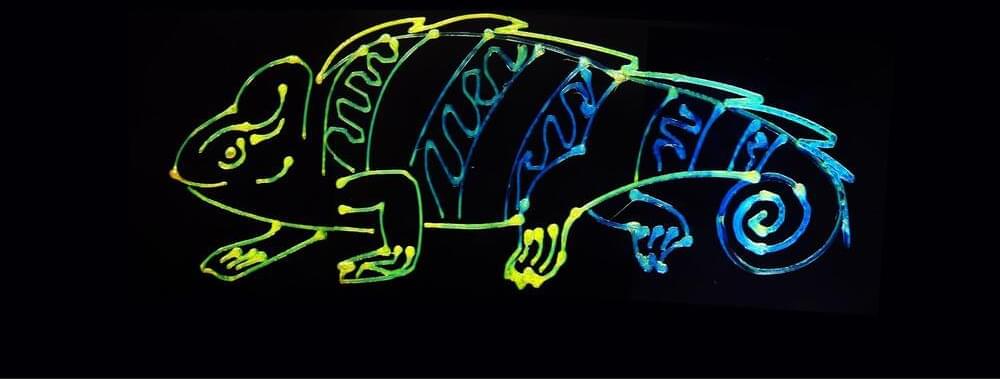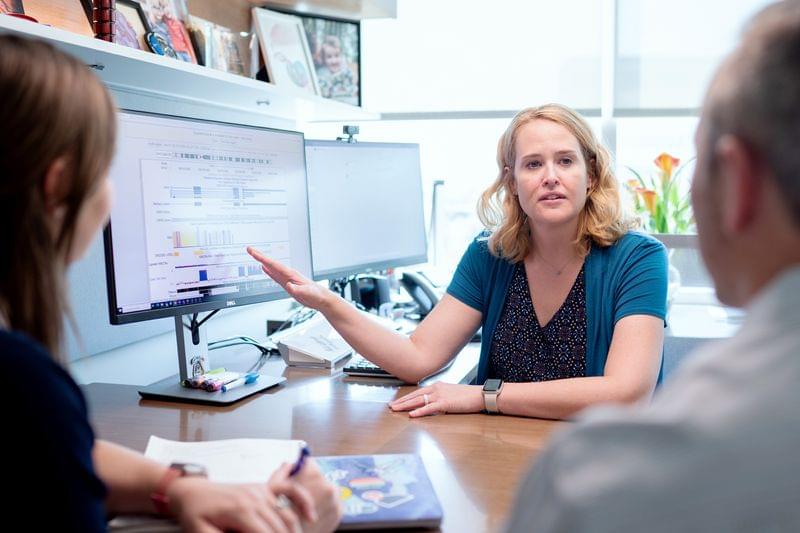A study recently submitted to The Astronomical Journal continues to search for the elusive Planet Nine (also called Planet X), which is a hypothetical planet that potentially orbits in the outer reaches of the solar system and well beyond the orbit of the dwarf planet, Pluto.
The goal of this study, which is available on the pre-print server arXiv, was to narrow down the possible locations of Planet Nine and holds the potential to help researchers better understand the makeup of our solar system, along with its formation and evolutionary processes. So, what was the motivation behind this study regarding narrowing down the location of a potential Planet 9?
Dr. Mike Brown, who is a Richard and Barbara Rosenberg Professor of Astronomy at Caltech and lead author of the study, tells Universe Today, “We are continuing to try to systematically cover all of the regions of the sky where we predict Planet Nine to be. Using data from Pan-STARRS allowed us to cover the largest region to date.”






